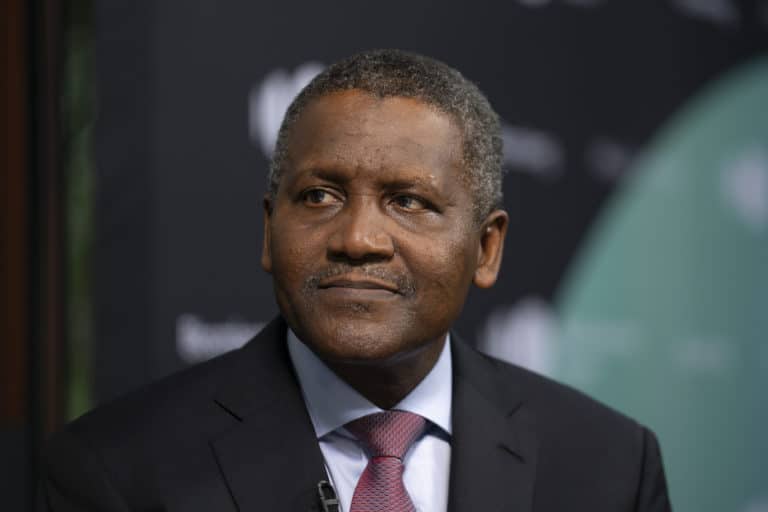Nigeria’s Local Refiners Promise to End Fuel Importation in 18 Months
The owners of local refineries in Nigeria, including the Dangote Petroleum Refinery, have claimed that they can help the country stop the importation of refined petroleum products in 18 months if the Federal Government works with their plans.
The refiners, who spoke under the aegis of the Crude Oil Refiners Association of Nigeria, said that there are other refineries at different stages of completion to join the 650,000-capacity Dangote Petroleum Refinery.
“We can stop the importation of petroleum products completely in 18 months if the Nigerian government will work with our programmes and plans,” said Eche Idoko, the Publicity Secretary of CORAN. “There are refineries in different stages of completion. In 18 months, we can produce what Nigeria will consume.”
Idoko argued that Nigeria has enough crude oil to feed Dangote and other refineries, but noted that crude theft has been the major challenge to the upstream oil sector.
However, the Chief Executive of the Nigerian Midstream and Downstream Regulatory Authority, Farouk Ahmed, has warned that Nigeria cannot rely heavily on the Dangote refinery for its fuel supply.
Ahmed’s statement comes as a blow to Dangote, who has been lamenting over the alleged refusal of international oil companies to supply crude to his refineries. Dangote has denied the allegations, wondering how he could be a monopoly when the Nigerian National Petroleum Company Limited is renovating government-owned refineries with $4 billion.
Shareholders have also come out in support of Dangote, condemning the Chief Executive of the NMDPRA for saying that the Dangote refinery is producing diesel with higher sulphur content than imported ones.
The Pragmatic Shareholders Association of Nigeria has urged the Federal Government to rally around Dangote refinery to provide crucial support, including crude oil allocation and cooperation from international oil companies.
In addition, the Dangote Group has accused international oil companies of frustrating crude supply to its refinery, insisting that they prioritize Asian countries in selling crude produced in Nigeria.
The group has also called on the Nigerian Upstream Petroleum Regulatory Commission to take a second look at the issue of pricing, alleging that foreign oil producers offer cargoes at a premium above the official price set by the commission.
The controversy surrounding fuel importation in Nigeria has sparked hopes that the country can become self-sufficient in its fuel needs, but the challenges posed by crude theft and international oil companies’ reluctance to supply crude to local refineries remain significant hurdles to overcome.
